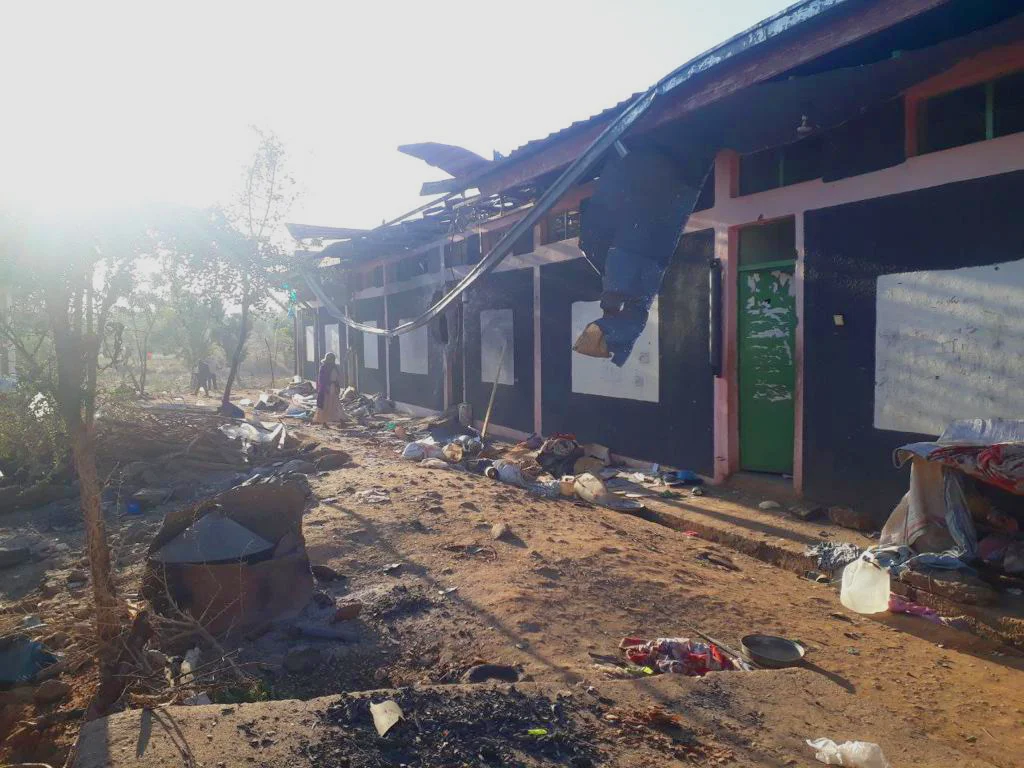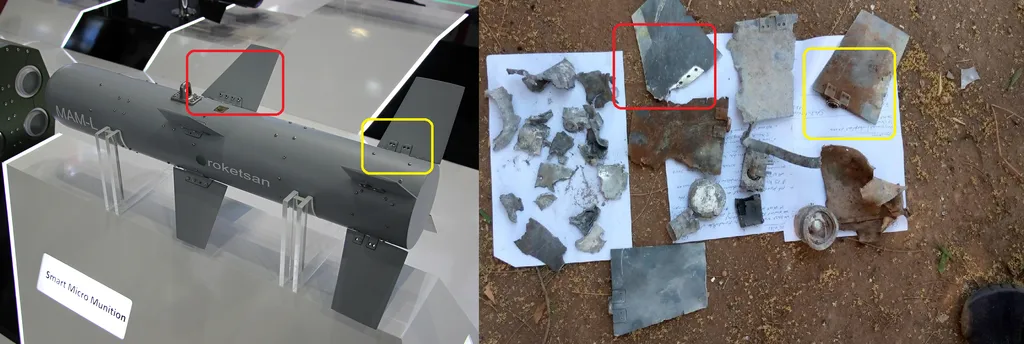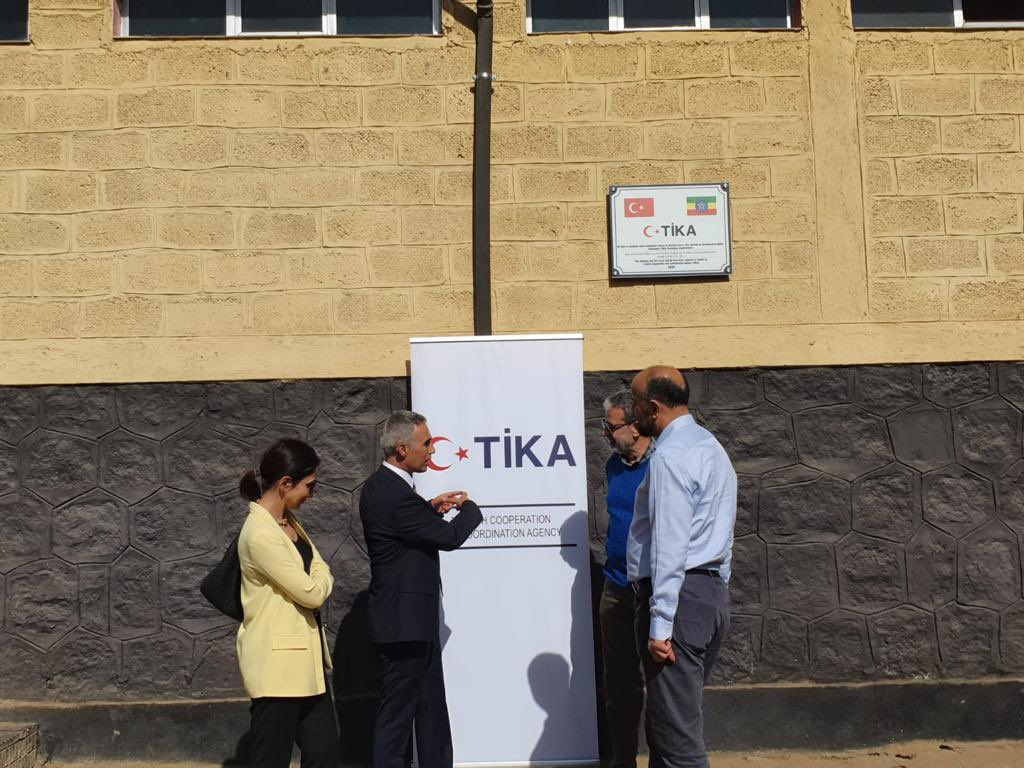Levent Kenez/Stockholm
Turkey has started the parliamentary process to put into effect a military cooperation agreement signed with Ethiopia last year. The agreement, which was sent to the relevant parliamentary committee, is expected to soon be approved.
Ethiopia is accused of committing serious human rights violations and war crimes in the bloody civil conflict with Tigray militia members since November 2020 by the United Nations and European Union as well as human rights organizations.
According to the Military Framework Agreement between Turkey and Ethiopia signed on August 18, 2021, one of a series of agreements signed during Ethiopian Prime Minister Abiy Ahmed’s official visit to Ankara last year, Ethiopian officers will be able to receive training in Turkish military schools and receive combat training in Turkish military units, and Turkish officers will train their Ethiopian counterparts at their military posts. In addition, the two countries will be able to hold joint military exercises.
During Ahmed’s visit, Turkey also promised to provide financial aid to Ethiopia as well as financial cooperation in the military field that will enable Ethiopia to purchase weapons from Turkey.
According to Article 4(6) of the agreement, the parties also agree to share military intelligence. Moreover, parties will provide mutual logistic support and exchange munitions, materials and services in the form of grants or in return for payment.
The article on copyrights generally included in agreements on cooperation in the defense industry that Turkey has signed with countries to which it plans to sell weapons is also included in the framework agreement with Ethiopia.
The Ethiopian cabinet sent the agreement to the parliament for approval on March 19.
The official statement made after the cabinet meeting emphasized that Turkey and Ethiopia have been close friends for centuries and that Turkey has repeatedly affirmed its commitment to Ethiopia as an ally in need.

Turkey-Ethiopian military relations came to the international agenda after the Ethiopian army on January 7 hit a primary school building filled with children, women and elderly men with drones bought from Turkey. In the attack, at least 59 civilians were killed and dozens more were injured. Up until that time, Turkey was not known to have sold drones to Ethiopia. Weapons remnants recovered from the site were determined to be MAM-L (smart micro munition) guided bombs produced by Turkey’s Roketsan and paired exclusively with Turkish-made Bayraktar drones.

The Protection of Civilians Peace organization Pax, which has been tracking the presence of drones throughout the northern Ethiopia conflict, identified a Turkish-made TB-2 drone at the Harar Meda military airport just south of Addis Ababa.
The Turkish Embassy was temporarily moved to Kenya after Tigrayan militants announced they would target the embassy after the bloody attack.
Bayraktar drones, which have been in the news during the ongoing Ukrainian-Russian war, are produced by Turkish company Baykar. Baykar, of which Turkish President Recep Tayyip Erdoğan’s son-in-law Selcuk Bayraktar is one of the owners, has increased its sales, particularly to African countries, thanks to Erdoğan’s initiatives. The ability of a private Turkish company to sell weapons abroad depends on securing permission from the Presidency of the Defense Industry, which is subordinate to the Turkish Presidency. However, Turkey prioritizes the revenue it will generate rather than to whom the weapons are sold and how they are used.
In December 2021 the United Nations Human Rights Council decided to establish an international commission of human rights experts to conduct a thorough and impartial investigation into allegations of violations and abuses committed in Ethiopia. The resolution was brought to a vote by the EU.
In February human rights organization Legal Action Worldwide (LAW), which submitted a complaint with the US law firm Debevoise & Plimpton and the Pan African Lawyers Union (PALU) to the African Union’s human rights commission, claimed that alleged violations by Ethiopia “could amount to war crimes and crimes against humanity” in its war against Tigrayan rebel forces, including mass killings, sexual violence and military targeting of civilians.

Meanwhile, relations between Turkey and Ethiopia are also developing outside the military field. On March 11 a group of deputies headed by Mehmet Sait Kirazoğlu, chairman of Turkey Ethiopian Parliamentary Friendship Group, and the Turkish ambassador met with lawmakers and officials in Ethiopia. The delegation also received a briefing on the aid activities of Turkish government institutions.
Shortly after the visit, Turkish Ambassador Yaprak Alp met with the speaker of parliament, on March 17.
The Ethiopian ambassador to Turkey, Adam Mohammad, met with Elif Çomoğlu, director-general of East and Southern African Affairs at the Turkish Foreign Ministry, on Wednesday.
Nordic Monitor last week reported that Turkey speeded up the approval of bilateral defense cooperation agreements with African countries in order to increase arms sales to the continent, which it has viewed as a target market for defense industry exports for some time.
On an important note, Ethiopia on Thursday announced an immediate ceasefire to its 16-month-long civil war, paving the way for aid to displaced people across the northern Tigray region.
In a statement on Thursday the government said it was declaring “an indefinite humanitarian truce effective immediately,” saying it hoped to help hasten the delivery of emergency aid into the Tigray region, where hundreds of thousands face starvation.












